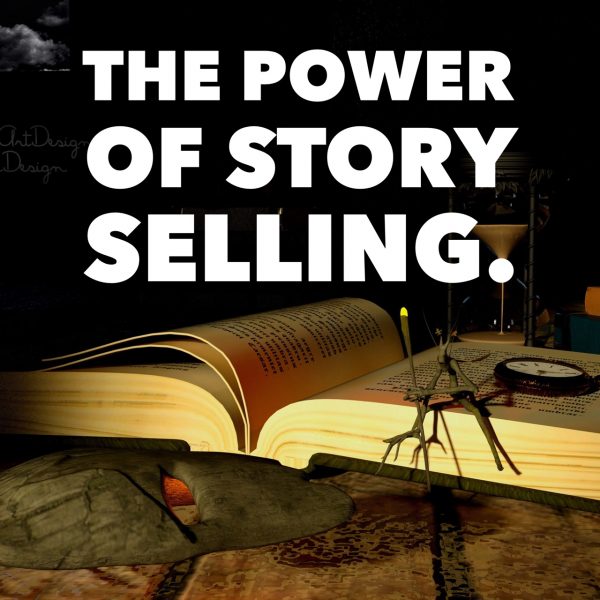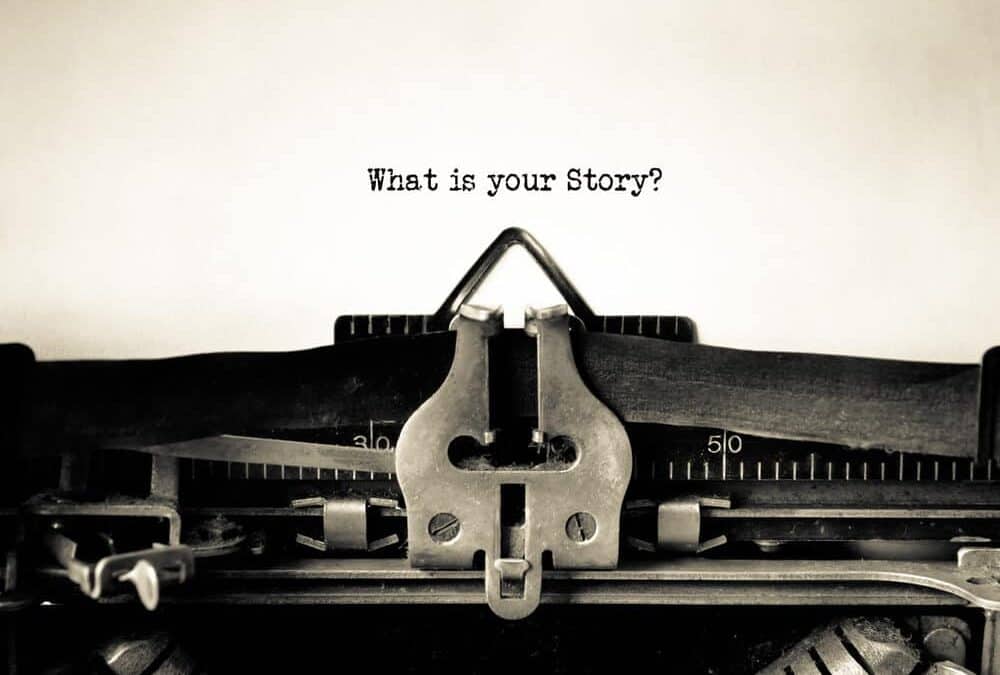American mythologist Joseph Campbell was best known for his theories on the power of stories and myths. Campbell’s theory of the “monomyth” held that all great myths and stories throughout history are simply variations of one powerful meta-myth. Campbell’s theory was so universal, he was even able to extend it to our belief or disbelief in the existence of God.
Campbell wrote, “God is a metaphor for a mystery that absolutely transcends all human categories of thought, even being and non-being. It’s as simple as that… Half the people in the world are religious people who think that their metaphors are facts. Those are what we call theists. The other half are people who know that the metaphors are not facts… Those are the atheists.”
Campbell’s explored myths throughout history and diverse cultures and came to the conclusion that most stories follow commonly repeated patterns. In his 1949 book, The Hero with a Thousand Faces, Campbell named this pattern the “Hero’s Journey.” Campbell’s journey establishes both the power of myths and the universally recognizable and understandable identities of people (and, I’d add, companies and brand builders too).
According to Campbell’s theory, stories throughout mankind’s history have used this template to create drama, explain the unknown, and help the listener make sense of the world. Famous tales as profound as the story of Jesus and blockbusters including Star Wars, Lord of the Rings, and The Matrixall follow the pattern of Campbell’s “Hero’s Journey.”
In fact, George Lucas credited Campbell’s theories for his successes.
But more than religion and entertainment can benefit from the structure Campbell diagramed. Businesses, too, create mythologies about their founders and products to help create an understanding of, and desire for, their products and services.
Because of this, I always find it amazing that capable business people who have overcome great odds, built companies, and really made a difference in the world can sometimes be so inarticulate. I believe that’s because many of them have yet to figure out that the best stories are not about the protagonist of the tale itself (in this case, usually the entrepreneur). Rather, powerful stories are all about how the tale resonates with the lives and aspirations of listeners.
In other words, while we may want to hear the narrator’s success story, we’re really hoping for a universal story we can relate to and information that we can use in our own lives.
By the same token, when you do a good job of creating and telling your own tale, the people who repeat it will unconsciously experiment with your story until they make it their own. And in retelling it, not only are they introducing someone else to your idea and your brand, but they are simultaneously evangelizing your business to their contacts. When they do this, your listeners create their ownAll About Them environment where they add as much of their own personality to your tale as needed to make it fit into their worldview.
This is where storytelling magically transforms into story selling.
You might think, therefore, that the secret to understanding the power of story selling would simply be to read Campbell’s book. Problem is, it’s a tough read and it takes even more work to translate his academic complexities to business-appropriate simplicities. That’s why I wrote a chapter called “The Hero’s Journey For Dummies” in my last book All About Them.

But now you have another chance to learn these critical skills. Because my friend Kelly Swanson will be presenting her Story Formula and Anatomy of a Presentation Boot Campin Miami on December 12th. Kelly is a great keynote speaker and one of the best storytellers — and storytelling instructors — I have ever seen. In her program, Kelly will show you how to craft your presentation, sales pitch, or brand story to make it as compelling as possible whether you’re a business owner, budding entrepreneur or top business speaker.
The price for Kelly’s program is super low, just $197, which means there’s absolutely no reason for you not to attend. But if you need more proof, click HERE to see Kelly in action. Or click HEREto see Kelly’s last workshop in New York City.
Of course, if I were you, I’d simply click HEREand sign up for Kelly’s program.
I promise you it’ll be a lot easier – and a helluva LOT more fun — than reading Campbell’s book.

